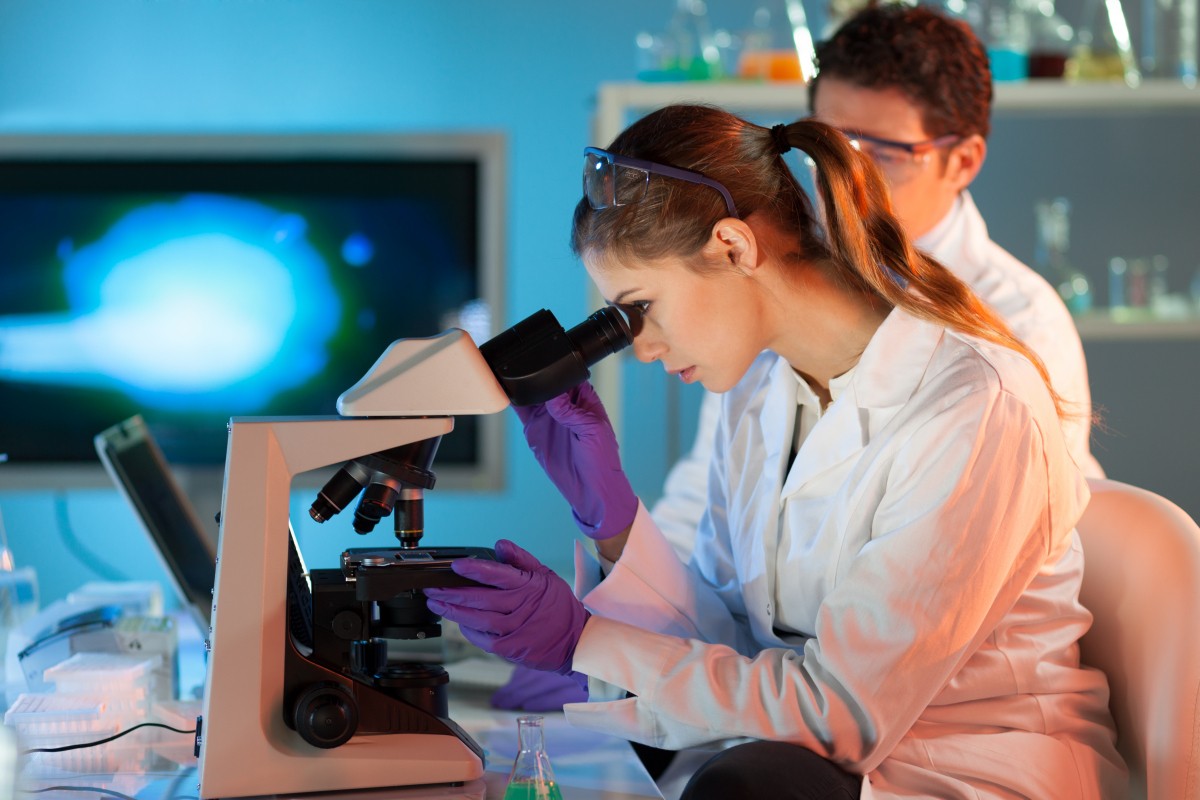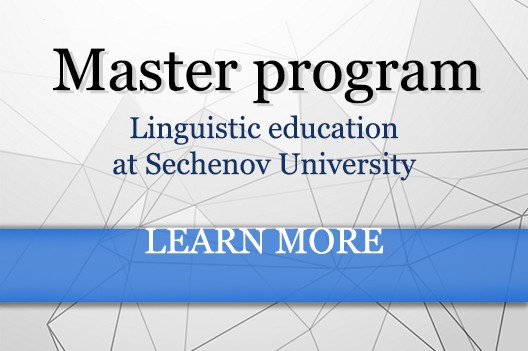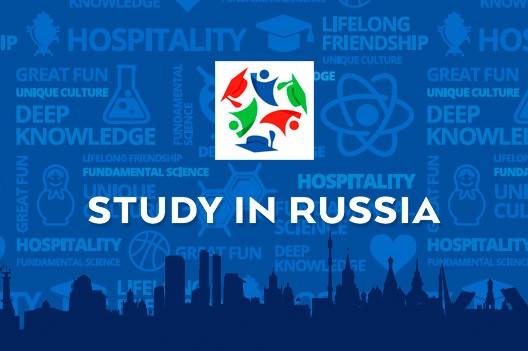-
About University
- Mission & Brand Strategy
- University Leadership
- Rector's Welcome
- History
- Regulatory Documents
- Contacts
- Staff
- International Recruitment
- Partners
Applicants- Why Sechenov University
- Degree Programmes in English
- Preparatory Training
- Non-Degree Programmes
- Transfer from other Institutions
- FAQs
25.05.2022Sechenov’s international project targets multiple sclerosis and psoriasis
 Researchers from Sechenov University, Erciyes University (Kayseri, Turkey), and Nicolae Testemițanu State University of Medicine and Pharmacy (Chișinău, Moldova) have finished the first stage of a project which is aimed at the treatment of multiple sclerosis and psoriasis. This international effort is expected to result in the development of a fundamentally new approach to the prevention and treatment of these diseases using biologically active nanoparticles, exosomes.
Researchers from Sechenov University, Erciyes University (Kayseri, Turkey), and Nicolae Testemițanu State University of Medicine and Pharmacy (Chișinău, Moldova) have finished the first stage of a project which is aimed at the treatment of multiple sclerosis and psoriasis. This international effort is expected to result in the development of a fundamentally new approach to the prevention and treatment of these diseases using biologically active nanoparticles, exosomes.
Autoimmune diseases affect up to 7% of the world’s population. Psoriasis, in particular, occurs in 2–4% of the people worldwide, according to the World Health Organisation (WHO). The number of patients with multiple sclerosis is growing every year. This can be attributed not only to better diagnostics but also to the aging of the population.
In recent years, medical research has heavily invested in the use of exosomes derived from multipotent mesenchymal stromal cells (MSCs). Their effectiveness has been confirmed by many studies. The international project titled Prophylactic and therapeutic use of exosomes of regulatory T-cells in the model of multiple sclerosis and psoriasis in mice is a joint venture supervised by Peter Timashev, Director of the Biomedical Science and Technology Park at Sechenov University; Yusuf Özkul, Professor of Medical Genetics at Erciyes University; and Ianoş Coreţchi, Associate Professor at Nicolae Testemițanu State University of Medicine and Pharmacy.
The first stage of the project has been completed and the results are to be published shortly. The role of the researchers at Sechenov University was to isolate and propagate cultures of MSCs from human adipose tissue. The samples were characterised at Nicolae Testemițanu State University of Medicine and Pharmacy in Chișinău, while isolation and propagation of polyclonal regulatory T-cells and T-cells specific to the MOG35-55 peptide were carried out at Erciyes University in Kayseri. Collaborators from Sechenov University and Erciyes University developed optimal protocols for isolation of exosomes from these cell cultures, resulting in the exosomal fraction’s yield of at least 80%. The partners at Nicolae Testemițanu State University of Medicine and Pharmacy have started to characterise the obtained exosomes.
This joint project, in addition to MSC exosomes, seeks to study and use exosomes derived from polyclonal antigen-specific regulatory T-cells, a cell population responsible for the regulation of the immune response. The use of exosomes — which are involved in many physiological and pathological processes and participate in intercellular communication — can become an affordable, safe, and effective strategy to treat multiple sclerosis and psoriasis, presenting a good alternative to cell therapy.
It is expected that the project will improve the strategies for personalised treatment, diagnosis, and prognosis of autoimmune diseases. In addition, commercialisation and implementation of the results may be interesting to many large pharmaceutical companies. The project should be completed by the end of 2023.
Sechenov University is a participant of the federal academic leadership programme Priority 2030 promoted by the Ministry of Science and Higher Education of the Russian Federation. The strategic goal of Sechenov University is to ensure the global competitiveness of fundamental and applied research in the field of biomedicine.
Photo credit: Abali.ru
Embed on website
Sechenov’s international project targets multiple sclerosis and psoriasis
 Researchers from Sechenov University, Erciyes University (Kayseri, Turkey), and Nicolae Testemițanu State University of Medicine and Pharmacy (Chișinău, Moldova) have finished the first stage of a project which is aimed at the treatment of multiple sclerosis and psoriasis. This international effort is expected to result in the development of a fundamentally new approach to the prevention and treatment of these diseases using biologically active nanoparticles, exosomes.
Researchers from Sechenov University, Erciyes University (Kayseri, Turkey), and Nicolae Testemițanu State University of Medicine and Pharmacy (Chișinău, Moldova) have finished the first stage of a project which is aimed at the treatment of multiple sclerosis and psoriasis. This international effort is expected to result in the development of a fundamentally new approach to the prevention and treatment of these diseases using biologically active nanoparticles, exosomes.
Autoimmune diseases affect up to 7% of the world’s population. Psoriasis, in particular, occurs in 2–4% of the people worldwide, according to the World Health Organisation (WHO). The number of patients with multiple sclerosis is growing every year. This can be attributed not only to better diagnostics but also to the aging of the population.
In recent years, medical research has heavily invested in the use of exosomes derived from multipotent mesenchymal stromal cells (MSCs). Their effectiveness has been confirmed by many studies. The international project titled Prophylactic and therapeutic use of exosomes of regulatory T-cells in the model of multiple sclerosis and psoriasis in mice is a joint venture supervised by Peter Timashev, Director of the Biomedical Science and Technology Park at Sechenov University; Yusuf Özkul, Professor of Medical Genetics at Erciyes University; and Ianoş Coreţchi, Associate Professor at Nicolae Testemițanu State University of Medicine and Pharmacy.
The first stage of the project has been completed and the results are to be published shortly. The role of the researchers at Sechenov University was to isolate and propagate cultures of MSCs from human adipose tissue. The samples were characterised at Nicolae Testemițanu State University of Medicine and Pharmacy in Chișinău, while isolation and propagation of polyclonal regulatory T-cells and T-cells specific to the MOG35-55 peptide were carried out at Erciyes University in Kayseri. Collaborators from Sechenov University and Erciyes University developed optimal protocols for isolation of exosomes from these cell cultures, resulting in the exosomal fraction’s yield of at least 80%. The partners at Nicolae Testemițanu State University of Medicine and Pharmacy have started to characterise the obtained exosomes.
This joint project, in addition to MSC exosomes, seeks to study and use exosomes derived from polyclonal antigen-specific regulatory T-cells, a cell population responsible for the regulation of the immune response. The use of exosomes — which are involved in many physiological and pathological processes and participate in intercellular communication — can become an affordable, safe, and effective strategy to treat multiple sclerosis and psoriasis, presenting a good alternative to cell therapy.
It is expected that the project will improve the strategies for personalised treatment, diagnosis, and prognosis of autoimmune diseases. In addition, commercialisation and implementation of the results may be interesting to many large pharmaceutical companies. The project should be completed by the end of 2023.
Sechenov University is a participant of the federal academic leadership programme Priority 2030 promoted by the Ministry of Science and Higher Education of the Russian Federation. The strategic goal of Sechenov University is to ensure the global competitiveness of fundamental and applied research in the field of biomedicine.
Photo credit: Abali.ru



